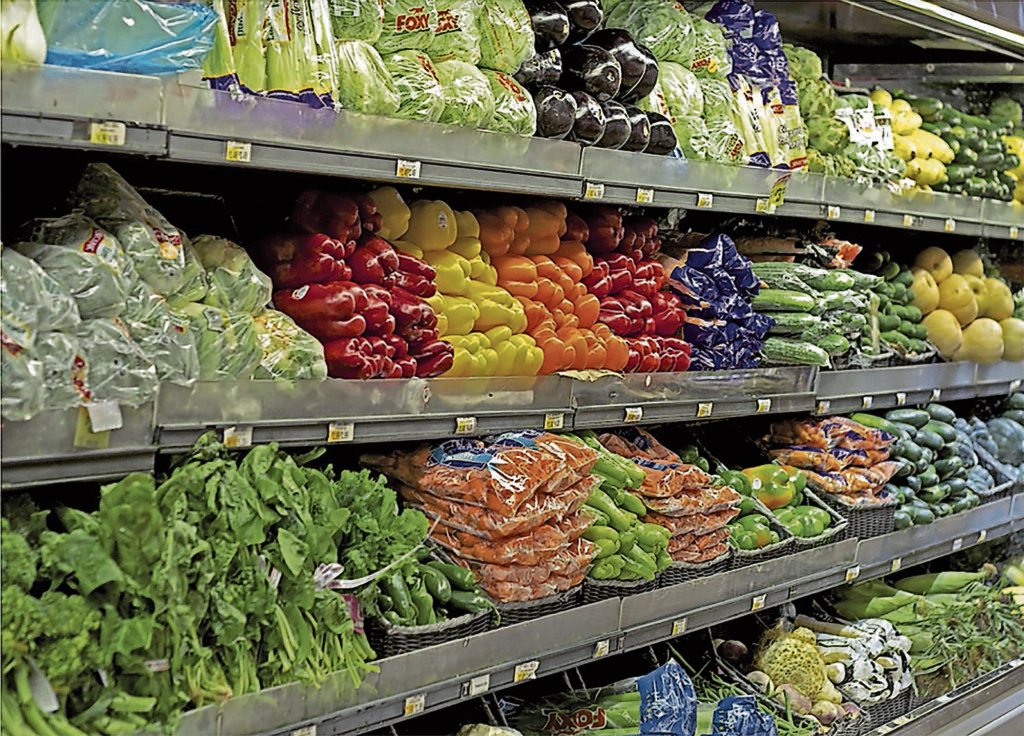South Africa wastes 10mn tons of food a year

Globally, food production must increase by 70% by 2050 to meet the demand. Yet nearly one third of all food produced for human consumption is lost or wasted each year.
The environmental effects of food waste in the country are “staggering”, she says. “If you take into account all the food produced for consumption that is not consumed, it means that all the input material to produce that food is also wasted. That includes the water, the energy, and the diesel that is used on farms, and all the emissions associated with the entire supply chain.”
The decomposition of wasted food disposed of at landfills generates methane, a greenhouse gas more effective at trapping heat in the atmosphere than carbon dioxide, contributing to climate change.
“You also have the potential for water and air pollution and we are running out of landfill space, especially in the big metro areas.”
The study shows how food waste in the consumption stage has soared from 5% in 2013 to 18% in 2021. According to the CSIR and the department of forestry, fisheries and the environment’s food waste prevention and management guideline for South Africa, on average each person in Johannesburg disposes of 12kg of food a year into the municipal bin, and in Ekurhuleni it is 8kg a person a year.
Original article: https://mg.co.za/environment/2021-08-21-south-africa-wastes-10-million-tons-of-food-a-year/

Reducing food waste through better demand planning
In South Africa, retailers like Shoprite have been using machine learning and AI to help them reduce food waste. This is done by predicting what to stock and the amount required. The result has been a substantial reduction in food waste.
Find out more